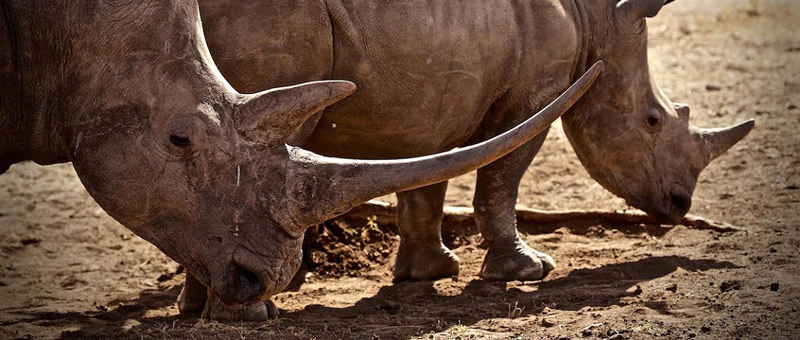Upon the conclusion of our investigations, EAL prepares a Confidential Intelligence Brief (CIB) to share with relevant law enforcement bodies at national, regional, and international levels (and sometimes with our closest partner NGOs), depending on the nature of intelligence and which agencies are well-positioned to take effective action.
The CIB is arguably the most important piece of output from our intelligence and investigative activities. It is the CIB that provides law enforcement authorities the means by which to take immediate action. That action may include additional investigations, arrests and prosecution of traffickers and traders, and even improvement of policy and enforcement activities in the regions involved in the illicit wildlife trade.
 The CIB contains information that is not included in the public reports. This includes full names, addresses, and contact information (as available) for each Person of Interest (POI), as well as in-depth descriptions of their businesses, illegal activity, and trade network connections, including video and audio recordings.
The CIB contains information that is not included in the public reports. This includes full names, addresses, and contact information (as available) for each Person of Interest (POI), as well as in-depth descriptions of their businesses, illegal activity, and trade network connections, including video and audio recordings.
If a time-sensitive situation demands it, operations aimed at dismantling trafficking networks or arresting key traffickers can be launched anytime during the investigation. These operations may be conducted with the support of an ally NGO to avoid drawing attention to EAL’s investigation.
Once all sensitive information has been dealt with, EAL will produce a separate Public Report that explains the background for the investigation and presents findings relevant to prevention and public advocacy. It will be shared with a range of allies in the NGO and public sectors through targeted outreach to collegial organizations working on wildlife poaching and trafficking in locations covered in the investigation.
With our CIBs and Public Reports we:
- provide intelligence and evidence to law enforcement agencies, so they can disrupt trafficking networks and hold perpetrators accountable;
- provide the information NGOs need to more effectively tailor and target demand reduction campaigns;
- provide data to policy makers that will help build political will and trigger the necessary policy changes at national and international levels.


